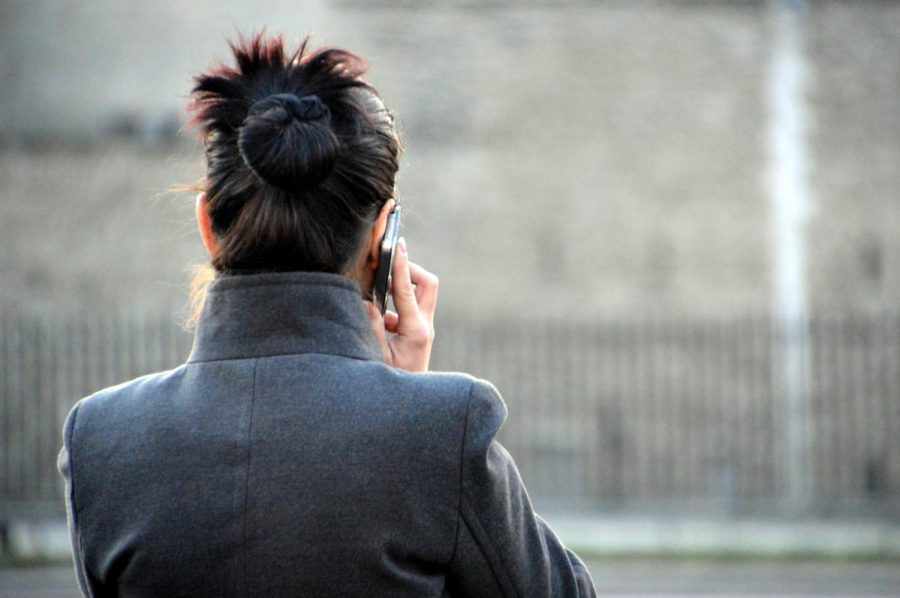Now more than ever, it seems like toxic relationships are becoming normalized within our society. Relationships can be utterly confusing – this is a given. We tend to start looking for them at a young age when most of us haven’t even found ourselves yet, and this can lead to many problems. What’s even more concerning is that these problems are usually brushed over, leading to young teenagers and adults feeling effects that can become lifelong trauma.
Signs of a toxic relationship may not be obvious to everyone, which is why they often get no attention and are passed along as “normal.” They include passive-aggressiveness, gaslighting, self-victimizing, jealousy, control issues, major insecurity, entrapment and lack of trust.
The line between a healthy relationship and a toxic one can be tricky to define. A line is being crossed is when you realize that you no longer feel like an individual, and that you are being taken from more than given. Many such relationships begin at an age where people are still in the process of developing a sense of identity and independence, and this vulnerability paired with the desire for love and affection makes people feel as if they must give themselves to their significant others entirely in order to deserve love back. It also creates a dangerous co-dependency.
Being taken from more than given to can be incredibly emotionally draining. What may make it hard for people to recognize is the fact that abusers like to make up for their bad behavior with acts of kindness or “love bombs.” Manipulators use “love bombs” by complimenting, being overly affectionate and giving gifts to their partners to overcompensate for their abusive actions. Even if the relationship has more bad qualities than good, love bombing can be enough to convince a person to stay.
It’s important to note that emotional abuse can apply to platonic relationships just as it is applied to romantic ones. High school and college are especially common times when toxic friendships can develop, as they are both periods of life in which people are typically starting to look for real relationships with deeper meanings. The signs of a toxic friendship are similar to those of a toxic romantic relationship. Any friend who always has control, belittles and insults, uses passive-aggression and is frequently jealous is a toxic friend.
The media certainly plays a role in the normalization of toxic relationships. For example, people in our generation particularly like to romanticize toxic characters in television shows. They find such characters fascinating and appealing simply due to their charm, even if they are undoubtedly abusive.
Social media platforms such as Twitter also contribute to this normalization. There have been numerous times where I’ve seen what are supposed to be “jokes” and “memes” about toxic behavior on my timeline, but instead of laughing, I just felt disgusted. For example, when pictures of a woman in a low-cut shirt or a “scandalous” outfit are tweeted and a man quotes the tweet asking, “Fellas, what would you do if your girl went out wearing this?” many reply by saying that they wouldn’t allow it or that she would receive some sort of punishment for it later. I’ve also seen people tweet things like, “Okay, I’m bored, who’s trying to get in a toxic relationship?”
Being dangerous, controlling and harming others is not interesting or alluring, nor should it be glamorized. The aftermath of a toxic relationship is uglier than most would care to think, and these relationships can negatively impact the rest of someone’s life. As someone who has suffered the consequences of being in a toxic relationship myself, I can affirm that there is nothing romantic about it. Normalizing it can make victims of emotional abuse feel invalidated, and it ultimately makes for a toxic culture of individuals who are entertained by such relationships instead of frightened by them.
If you or a loved one is experiencing abuse or have any relationship concerns, you can call the National Teen Dating Abuse Hotline at 1-866-331-9474 or text 22522, available 24 hours a day.
Gabby Campos can be reached at [email protected].



















